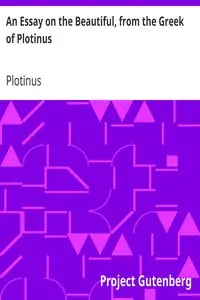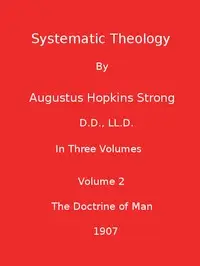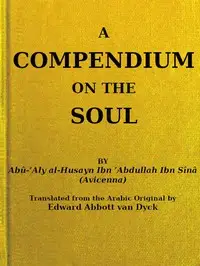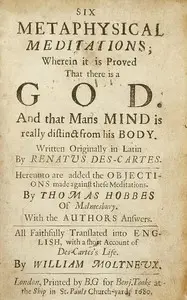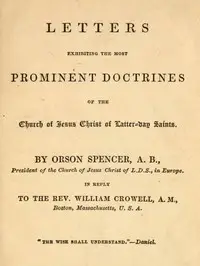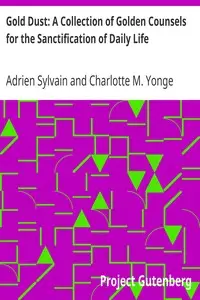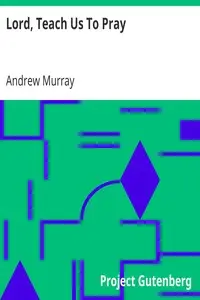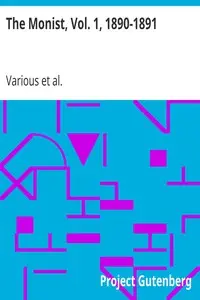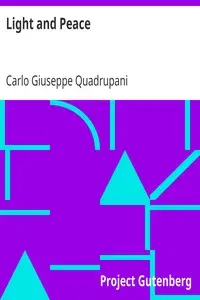"Plotinos: Complete Works, v. 2" by Plotinus is a deep dive into philosophical ideas from long ago. This book explores big questions about the nature of reality, like what it means to exist and how everything is connected. It looks at the idea of "the One," a central concept, and thinks hard about the soul—asking if it's everywhere at once and how it fits into the universe. The book starts by questioning how the soul relates to the world and how different things have different essences. Through complicated ideas about unity and potential, Plotinus tries to show how everything is linked and how divine ideas shape the world we see.

Plotinos: Complete Works, v. 2 In Chronological Order, Grouped in Four Periods
By Plotinus
Journey into the ancient world as a philosopher contemplates the unseen connections between the soul, the universe, and the ultimate source of existence.
Summary
About the AuthorPlotinus was a Greek Platonist philosopher, born and raised in Roman Egypt. Plotinus is regarded by modern scholarship as the founder of Neoplatonism. His teacher was the self-taught philosopher Ammonius Saccas, who belonged to the Platonic tradition. Historians of the 19th century invented the term "neoplatonism" and applied it to refer to Plotinus and his philosophy, which was vastly influential during late antiquity, the Middle Ages, and the Renaissance. Much of the biographical information about Plotinus comes from Porphyry's preface to his edition of Plotinus' most notable literary work, The Enneads. In his metaphysical writings, Plotinus described three fundamental principles: the One, the Intellect, and the Soul. His works have inspired centuries of pagan, Jewish, Christian, Gnostic, and early Islamic metaphysicians and mystics, including developing precepts that influence mainstream theological concepts within religions, such as his work on duality of the One in two metaphysical states.
Plotinus was a Greek Platonist philosopher, born and raised in Roman Egypt. Plotinus is regarded by modern scholarship as the founder of Neoplatonism. His teacher was the self-taught philosopher Ammonius Saccas, who belonged to the Platonic tradition. Historians of the 19th century invented the term "neoplatonism" and applied it to refer to Plotinus and his philosophy, which was vastly influential during late antiquity, the Middle Ages, and the Renaissance. Much of the biographical information about Plotinus comes from Porphyry's preface to his edition of Plotinus' most notable literary work, The Enneads. In his metaphysical writings, Plotinus described three fundamental principles: the One, the Intellect, and the Soul. His works have inspired centuries of pagan, Jewish, Christian, Gnostic, and early Islamic metaphysicians and mystics, including developing precepts that influence mainstream theological concepts within religions, such as his work on duality of the One in two metaphysical states.


